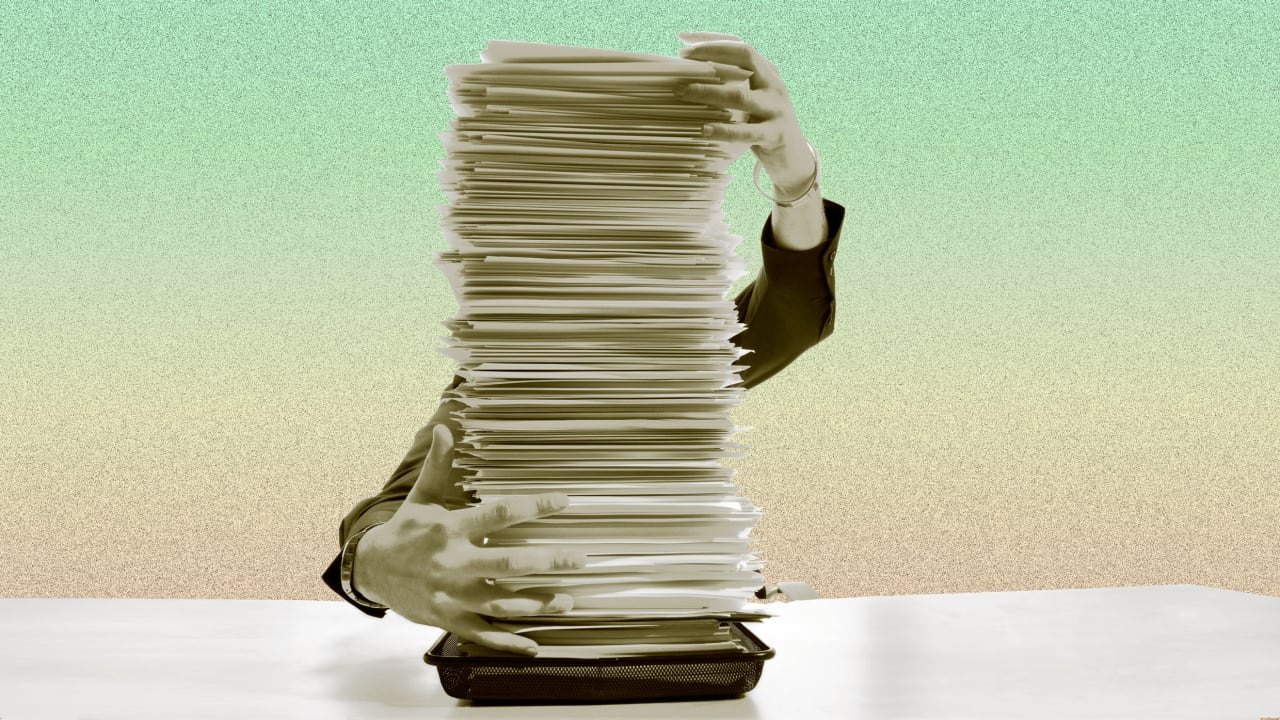How long can brands like Walmart really ‘eat the tariffs’?
Branded is a weekly column devoted to the intersection of marketing, business, design, and culture. Earnings season has an important new element this quarter: President Donald Trump. Wall Street is hungry for clarity from big consumer brands about the impact tariffs may have on prices—and thus inflation. But Trump has been making it clear what his administration believes companies should do to the prices they charge shoppers: nothing. “EAT THE TARIFFS,” he berated Walmart recently, after the big-box giant indicated during an earnings call that price increases might be in the offing. “Given the magnitude of the tariffs,” CEO Doug McMillon said, “we aren’t able to absorb all the pressure, given the reality of narrow retail margins.” Trump’s blunt rejoinder on social media waved that away, insisting Walmart need “not charge valued customers ANYTHING” extra in response to the tariffs, adding: “I’ll be watching, and so will your customers!!!” (Walmart reported quarterly revenue of about $165 billion, up 2.5% over the same quarter last year.) Trump has also attacked toymaker Mattel for suggesting it could move production to dodge tariff costs, as well as Amazon for reportedly considering a plan to spell out tariff cost increases to consumers. The message seems to be getting through. This week another big-box giant, Home Depot, reported earnings—and made it clear that it claims to have no tariff-driven price increases planned. “We don’t see broad-based price increases for our customers at all going forward,” CEO Billy Bastek said in an earnings call. Target also reported earnings, and while its CEO acknowledged tariff pressure, he called price hikes “the very last resort.” Even Walmart has since sounded a somewhat conciliatory note: “We have always worked to keep our prices as low as possible and we won’t stop,” the company said in a statement this week. “We’ll keep prices as low as we can for as long as we can, given the reality of small retail margins.” It’s unclear how long presidential jawboning can stave off retail price increases, but the apparent effort is remarkable. In the last election, Democratic candidate Kamala Harris was slammed by critics who dubiously characterized her proposal to crack down on “price gouging” as essentially government price control. Attempting to publicly micromanage companies considering tariff-related price rises doesn’t have the force of law, but it certainly seems like government marketplace meddling, aimed squarely at controlling prices. Public companies in particular are left to thread the needle of serving shareholders by maximizing earnings and keeping investors informed of risks—while avoiding hostile publicity from the White House. Polling data suggests consumers expect further inflation, so maybe at this point of Trump’s pressure campaign, it is just about who (companies or government policy) gets blamed for the trade war’s inevitable impact on costs. That said, any attempt at actually staving off tariff-sparked price increases with loud rhetoric seems doomed: A poll from insurer Allianz found that 54% of U.S. companies say they will have to raise prices to cope with tariffs. Not even Trump can bully a majority of American businesses to “eat the tariffs.” And in fact, Home Depot’s high-profile distancing from tariff price increases had some caveats. Some toolmakers have already raised prices, and Home Depot’s CEO noted that one way it might avoid hikes is with less inventory: “There are items that we have that could potentially be impacted from a tariff that, candidly, we won’t have going forward.” Of course, there is nothing surprising or unexpected about tariffs driving up prices or narrowing consumer choice. It’s exactly what most economic assessments said would happen, what companies large and small have anticipated—and indeed what many of the big-box giants’ leaders reportedly warned Trump would happen earlier this year. Even Treasury Secretary Scott Bessent now admits that prices are going to rise. Ultimately, these businesses will take the steps they need to, and consumers will muddle through the consequences. But perhaps, if the Trump administration’s pressure campaign works, all that will happen with as little talk of tariffs as possible.
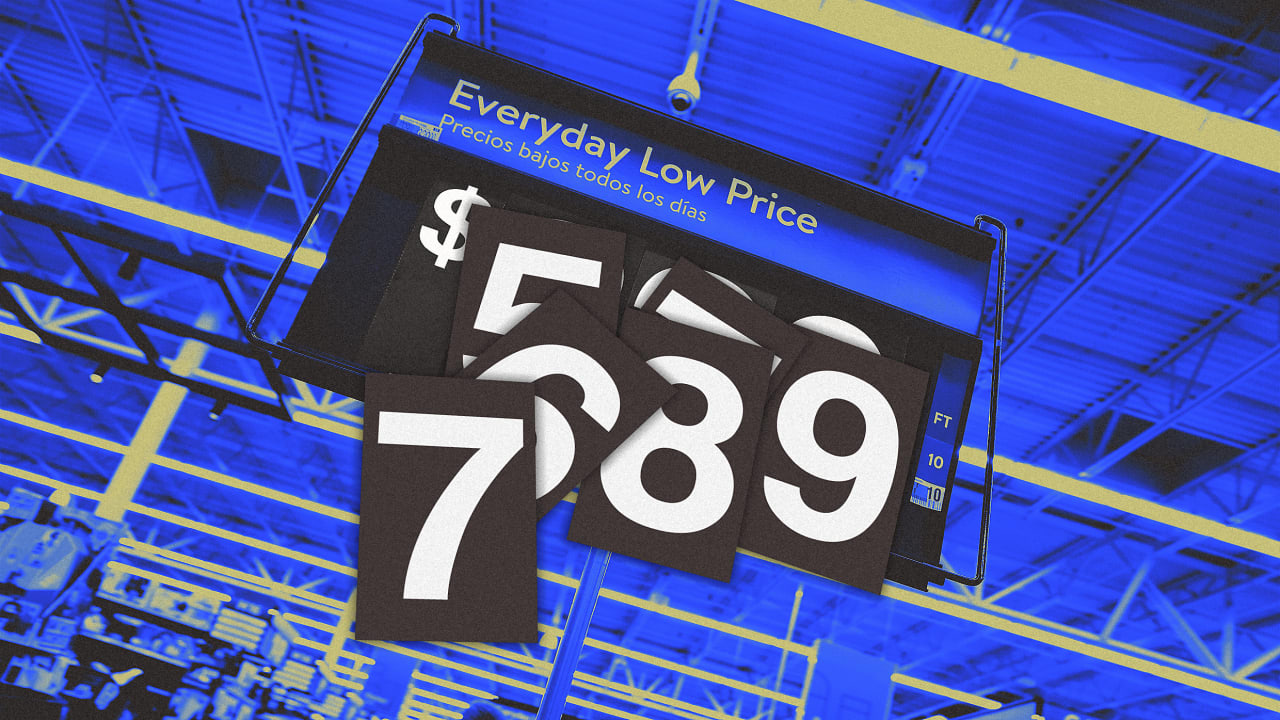
Branded is a weekly column devoted to the intersection of marketing, business, design, and culture.
Earnings season has an important new element this quarter: President Donald Trump. Wall Street is hungry for clarity from big consumer brands about the impact tariffs may have on prices—and thus inflation. But Trump has been making it clear what his administration believes companies should do to the prices they charge shoppers: nothing.
“EAT THE TARIFFS,” he berated Walmart recently, after the big-box giant indicated during an earnings call that price increases might be in the offing. “Given the magnitude of the tariffs,” CEO Doug McMillon said, “we aren’t able to absorb all the pressure, given the reality of narrow retail margins.” Trump’s blunt rejoinder on social media waved that away, insisting Walmart need “not charge valued customers ANYTHING” extra in response to the tariffs, adding: “I’ll be watching, and so will your customers!!!” (Walmart reported quarterly revenue of about $165 billion, up 2.5% over the same quarter last year.)
Trump has also attacked toymaker Mattel for suggesting it could move production to dodge tariff costs, as well as Amazon for reportedly considering a plan to spell out tariff cost increases to consumers.
The message seems to be getting through. This week another big-box giant, Home Depot, reported earnings—and made it clear that it claims to have no tariff-driven price increases planned. “We don’t see broad-based price increases for our customers at all going forward,” CEO Billy Bastek said in an earnings call. Target also reported earnings, and while its CEO acknowledged tariff pressure, he called price hikes “the very last resort.” Even Walmart has since sounded a somewhat conciliatory note: “We have always worked to keep our prices as low as possible and we won’t stop,” the company said in a statement this week. “We’ll keep prices as low as we can for as long as we can, given the reality of small retail margins.”
It’s unclear how long presidential jawboning can stave off retail price increases, but the apparent effort is remarkable. In the last election, Democratic candidate Kamala Harris was slammed by critics who dubiously characterized her proposal to crack down on “price gouging” as essentially government price control. Attempting to publicly micromanage companies considering tariff-related price rises doesn’t have the force of law, but it certainly seems like government marketplace meddling, aimed squarely at controlling prices.
Public companies in particular are left to thread the needle of serving shareholders by maximizing earnings and keeping investors informed of risks—while avoiding hostile publicity from the White House. Polling data suggests consumers expect further inflation, so maybe at this point of Trump’s pressure campaign, it is just about who (companies or government policy) gets blamed for the trade war’s inevitable impact on costs.
That said, any attempt at actually staving off tariff-sparked price increases with loud rhetoric seems doomed: A poll from insurer Allianz found that 54% of U.S. companies say they will have to raise prices to cope with tariffs. Not even Trump can bully a majority of American businesses to “eat the tariffs.” And in fact, Home Depot’s high-profile distancing from tariff price increases had some caveats. Some toolmakers have already raised prices, and Home Depot’s CEO noted that one way it might avoid hikes is with less inventory: “There are items that we have that could potentially be impacted from a tariff that, candidly, we won’t have going forward.”
Of course, there is nothing surprising or unexpected about tariffs driving up prices or narrowing consumer choice. It’s exactly what most economic assessments said would happen, what companies large and small have anticipated—and indeed what many of the big-box giants’ leaders reportedly warned Trump would happen earlier this year. Even Treasury Secretary Scott Bessent now admits that prices are going to rise. Ultimately, these businesses will take the steps they need to, and consumers will muddle through the consequences. But perhaps, if the Trump administration’s pressure campaign works, all that will happen with as little talk of tariffs as possible.







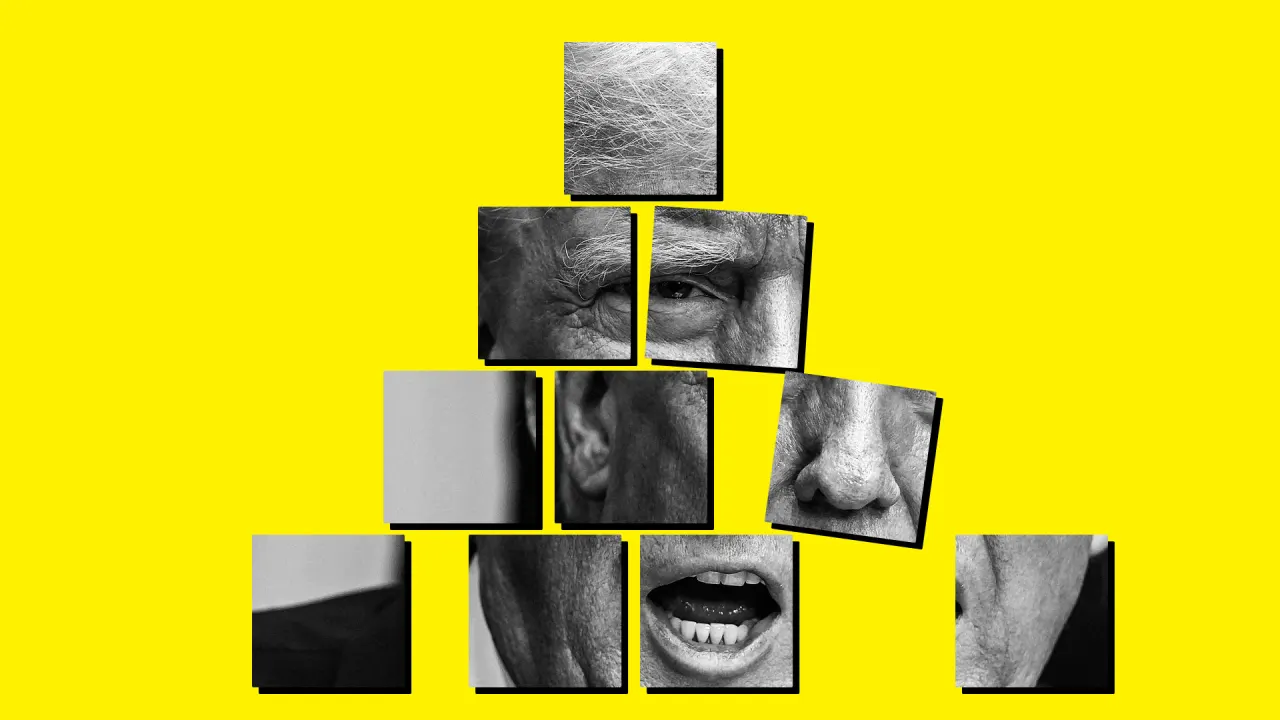





























































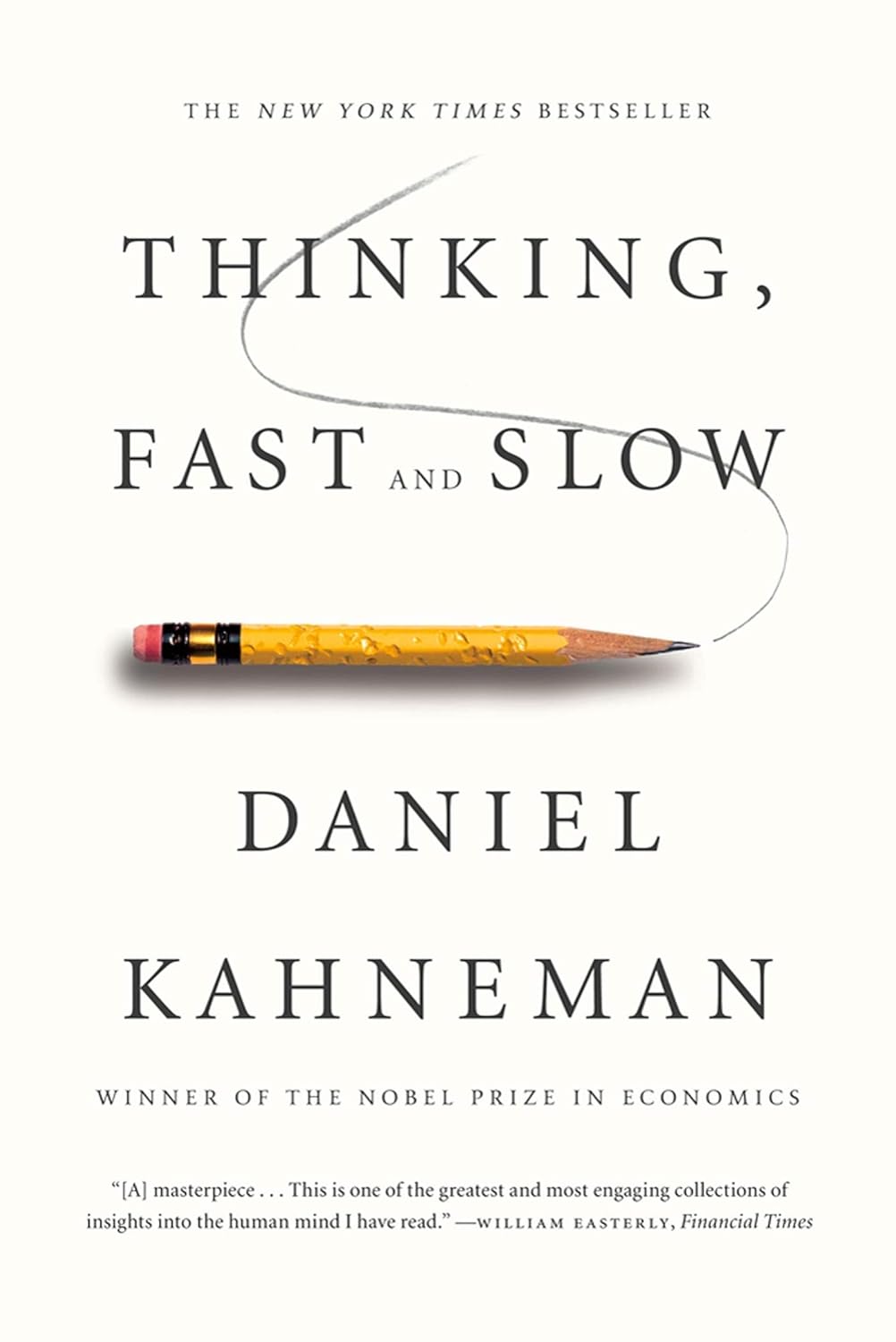

























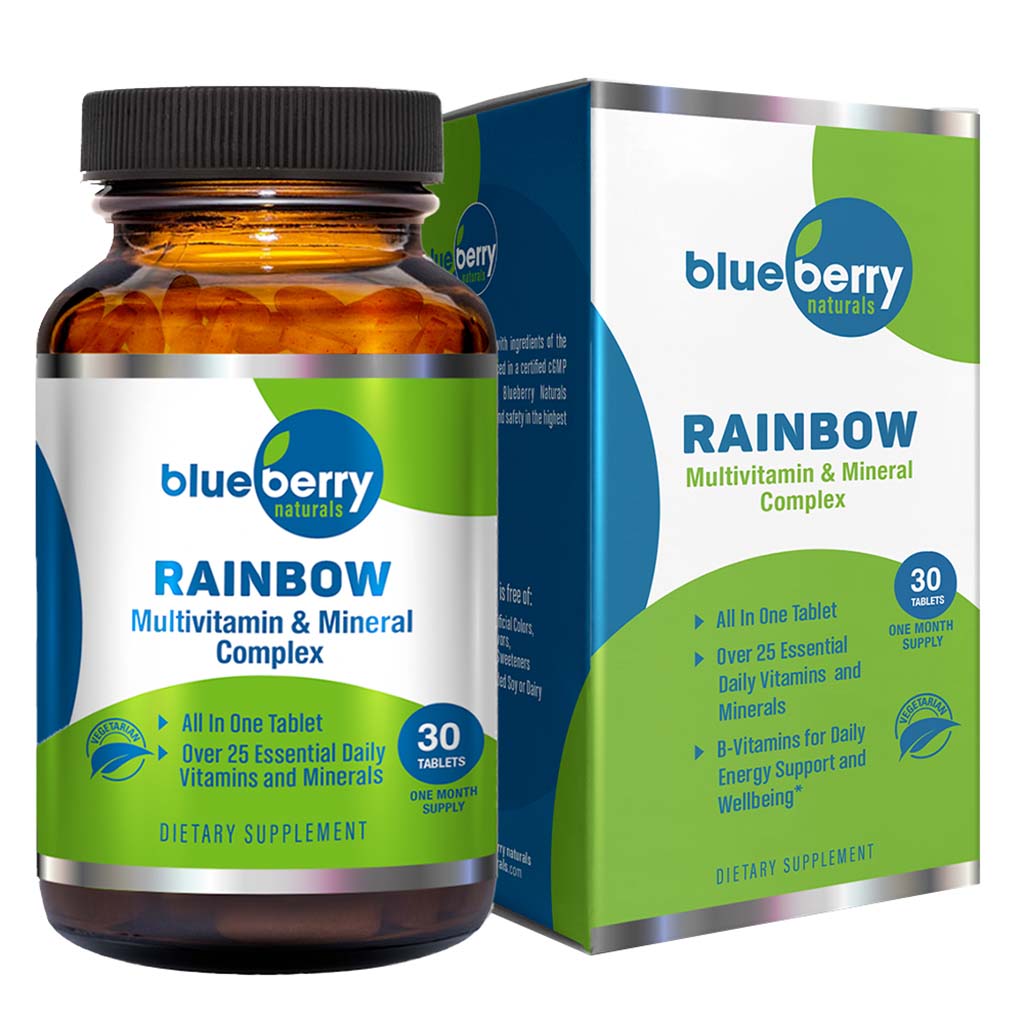








![Building A Digital PR Strategy: 10 Essential Steps for Beginners [With Examples]](https://buzzsumo.com/wp-content/uploads/2023/09/Building-A-Digital-PR-Strategy-10-Essential-Steps-for-Beginners-With-Examples-bblog-masthead.jpg)












































